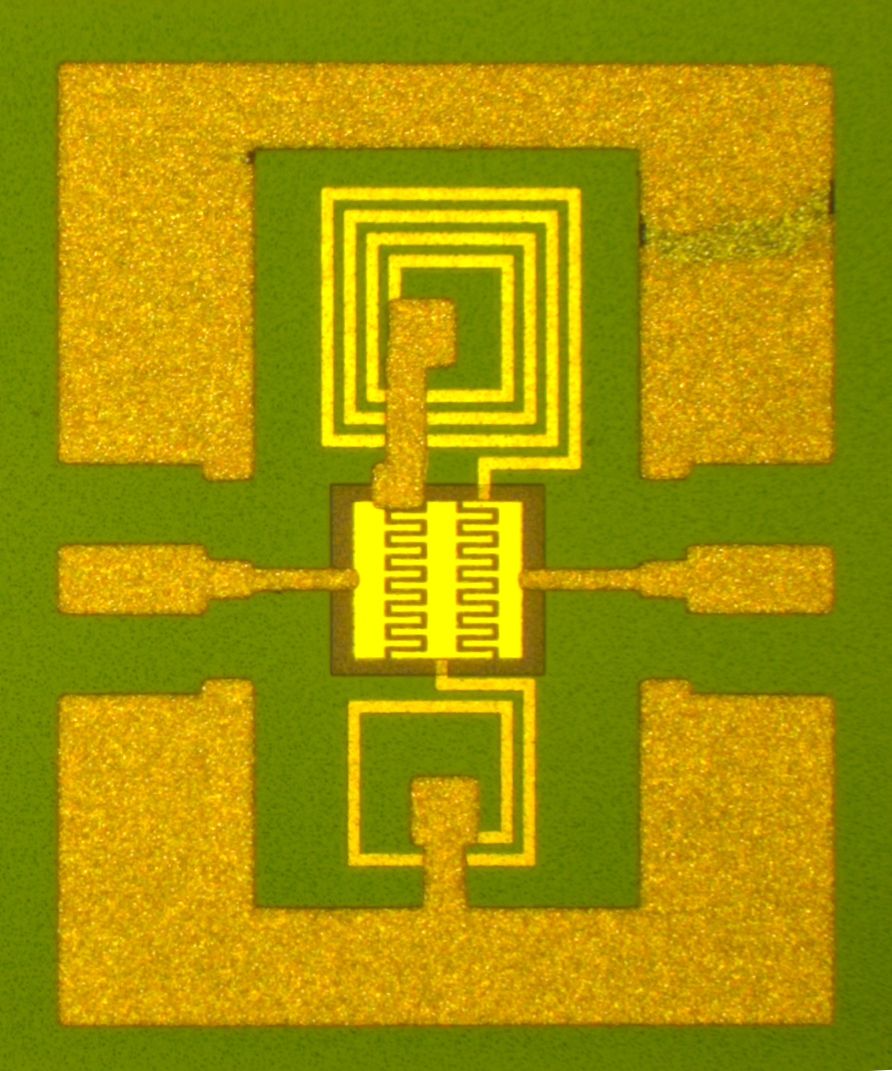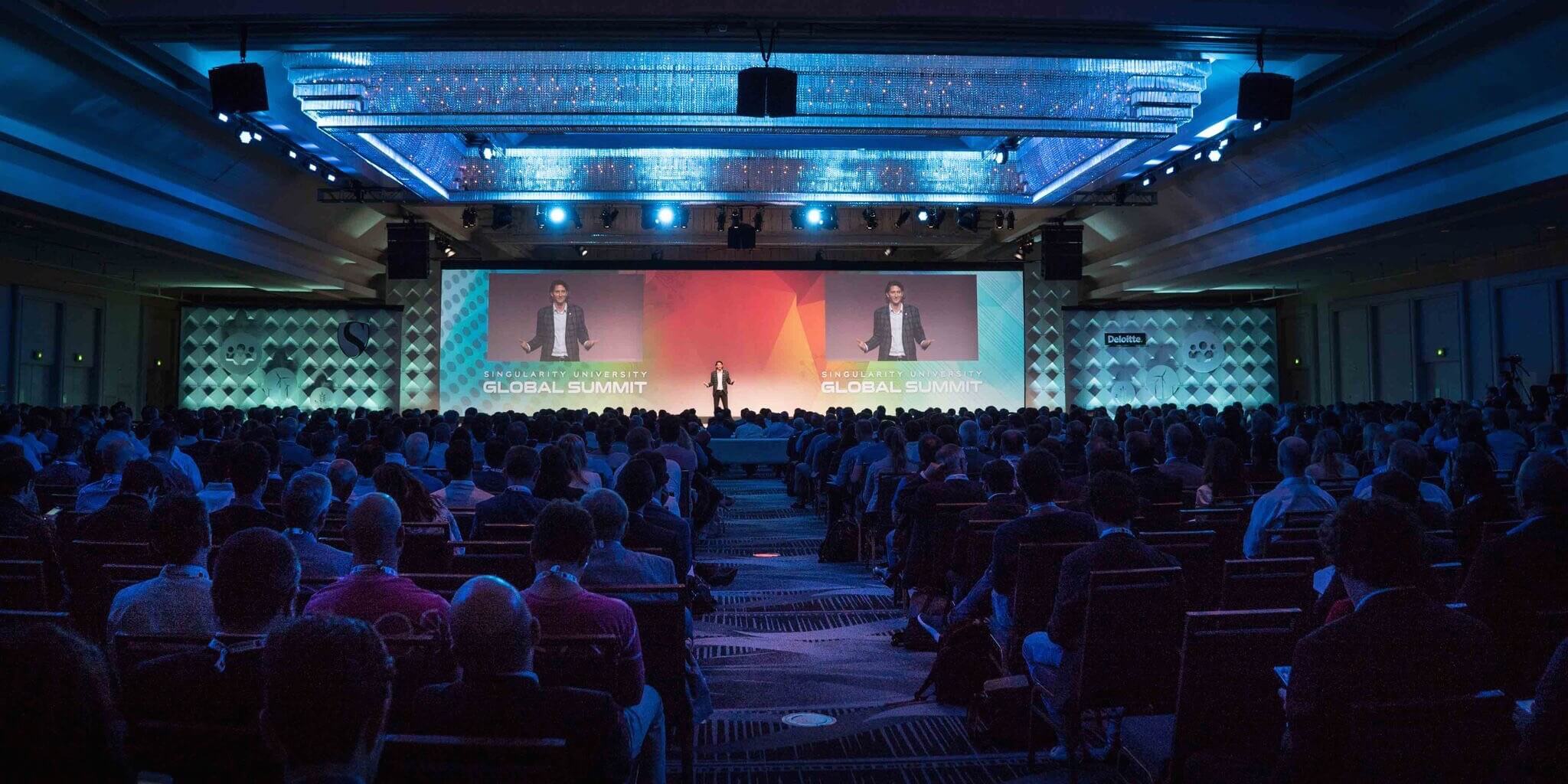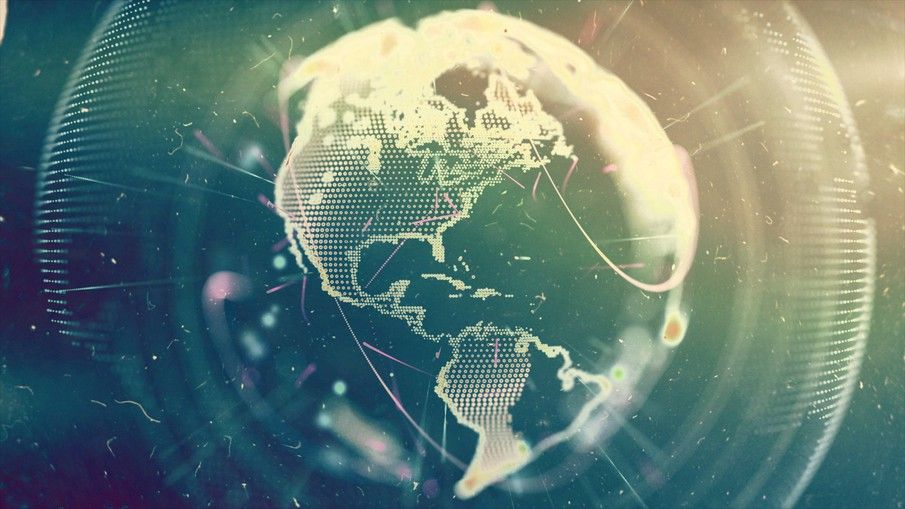Definitely a big deal.
I look forward to the day when everything lives and adapts as well as interacts in their environments. Buildings, machines, autos, planes, etc. Last month we read about the living buildings that DARPA is focused on that utilizes synthetic cells which enables buildings and other structures to self repair themselves much like human cells do.
Definitely glad to see more and more people jump on the Singularity path.
Materials with large dielectric constants—aka “high-K materials”—have recently garnered attention for their potential use within future generations of reduced-dimension semiconductor devices.
Barium strontium titanate, one such material, possesses an inherently large dielectric constant that can be altered significantly by an applied electrical field—by as much as a factor of 10. While this property has been known to exist for more than half a century and many researchers have attempted to exploit it, the technology has been limited by the low quality of the material. By semiconductor industry standards, the material is considered to be defective.
But researchers at University of California, Santa Barbara, who began exploring thin-film tunable dielectrics using sputtered material nearly two decades ago, are now trying to leverage advanced and scalable materials deposition techniques like molecular beam epitaxy (MBE) to create tunable, high-frequency integrated circuits and devices with high-quality materials that are comparable to modern semiconductor technology.






